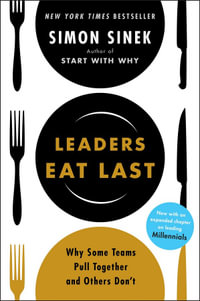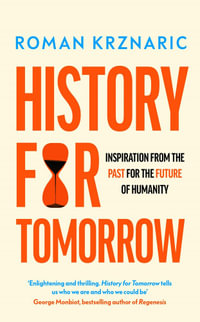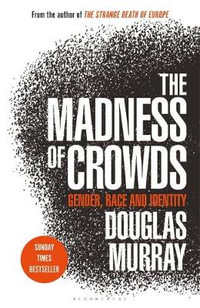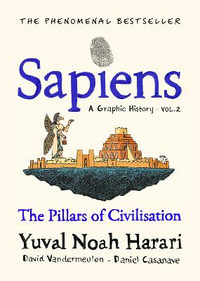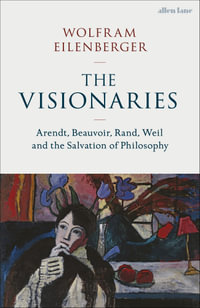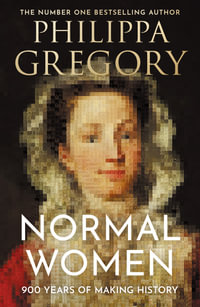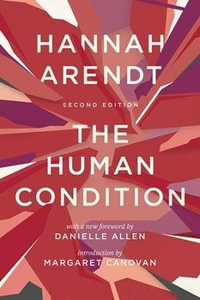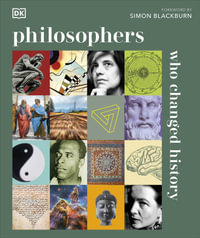
An Intellectual History of Migration Law and Policy c.1535-2020
By: Peter Szigeti
Paperback | 7 October 2025
Sorry, we are not able to source the book you are looking for right now.
We did a search for other books with a similar title, however there were no matches. You can try selecting from a similar category, click on the author's name, or use the search box above to find your book.
ISBN: 9781839987137
ISBN-10: 1839987138
Series: Anthem Critical Introductions
Available: 7th October 2025
Format: Paperback
Language: English
Number of Pages: 250
Audience: Professional and Scholarly
Publisher: Anthem Press
Country of Publication: GB
Dimensions (cm): 22.9 x 15.3 x 2.6
Weight (kg): 0.45
Shipping
| Standard Shipping | Express Shipping | |
|---|---|---|
| Metro postcodes: | $9.99 | $14.95 |
| Regional postcodes: | $9.99 | $14.95 |
| Rural postcodes: | $9.99 | $14.95 |
How to return your order
At Booktopia, we offer hassle-free returns in accordance with our returns policy. If you wish to return an item, please get in touch with Booktopia Customer Care.
Additional postage charges may be applicable.
Defective items
If there is a problem with any of the items received for your order then the Booktopia Customer Care team is ready to assist you.
For more info please visit our Help Centre.
You Can Find This Book In
This product is categorised by
- Non-FictionLawLaws of Specific JurisdictionsConstitutional & Administrative LawCitizenship & Nationality LawImmigration Law
- Non-FictionHistoryGeneral & World History
- Non-FictionPolitics & GovernmentCentral GovernmentCentral Government Policies
- Non-FictionLawJurisprudence & General IssuesLegal History
- Non-FictionSociety & CultureCultural StudiesHistory of Ideas






